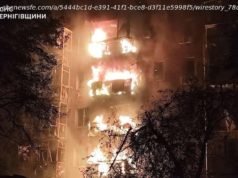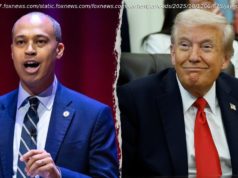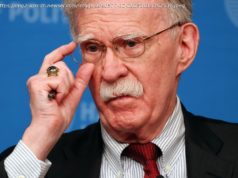The Maldives government has declared a 15-day state of emergency as the political crisis deepened in the Indian Ocean nation amid a bitter stand-off between the president and the Suprem
The Maldives government has declared a 15-day state of emergency as the political crisis deepened in the Indian Ocean nation amid a bitter stand-off between the president and the Supreme Court.
Hours after the emergency was declared, soldiers forced their way into the Supreme Court building, where the judges were believed to be taking shelter, said Ahmed Maloof, an opposition member of parliament.
Soon after that, security forces arrested opposition leader Maumoon Abdul Gayoom on charges including bribery and attempting to overthrow the government, his lawyer Maumoon Hameed said.
Mr Gayoom was the archipelago nation’s president from 1978 to 2008 and is the half brother of the Maldives’ current president.
A surprise Supreme Court ruling last week ordering the release of imprisoned opposition leaders has led to growing turmoil, with President Yameen Abdul Gayoom lashing out at the court, opposition protests spilling into the streets of the capital Male, and soldiers in riot gear deployed to the parliament building to stop legislators from meeting.
The emergency decree gives the government sweeping powers to make arrests, search and seize property and restrict freedom of assembly, officials said.
The government did not immediately comment on soldiers going inside the building or Mr Gayoom’s arrest but the president’s main rival, who lives in exile, urged people not to obey what he called an “unlawful order”.
“This declaration is unconstitutional and illegal,” former president Mohamed Nasheed, the country’s first democratically elected leader, said in a statement.
He was one of the opposition leaders the court ordered freed.
In a statement issued after the state of emergency was announced on state television, Mr Yameen said: “During this time though certain rights will be restricted, general movements, services and businesses will not be affected.”
In a letter to the court released by his office, he said the order had encroached on the powers of the state and was an “infringement of national security and public interest”. He urged the court to “review the concerns” of the government.
Officials said the court has not properly responded to a series of letters citing problems with implementing the order, including that the cases against the political prisoners are at different legal stages.
A Supreme Court statement on Sunday said: “There are no obstacles in implementing the ruling… and that this has been informed to the Prosecutor General’s office.”
The Supreme Court ruled that the politicians’ guilty verdicts had been politically influenced.
The ruling has led to protests by opposition supporters urging the government to obey the order. Clashes have erupted between police and the opposition supporters, and soldiers occupied the parliament building to stop legislators from entering.
The United Nations and several foreign governments have urged the Maldives to respect the court order.
Mr Nasheed has been living in exile in the UK since 2016 after being given asylum when he travelled there on medical leave from prison.
In addition to ordering the release of the political prisoners, the court also reinstated 12 lawmakers who had been ousted for switching allegiance to the opposition.
When those legislators return, Mr Yameen’s Progressive Party of the Maldives will lose its majority in the 85-member parliament, which could result in the legislative body functioning as a rival power to the president.






